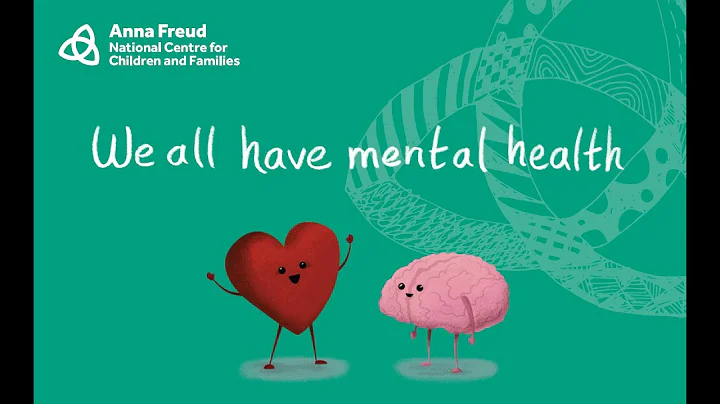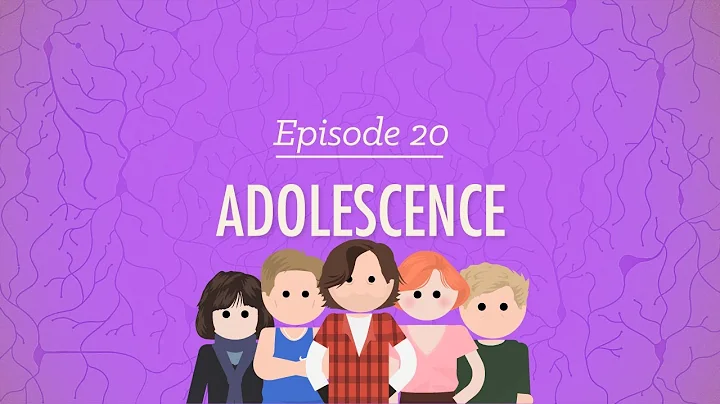
What are the psychological needs of adolescence?
Nowadays, many parents have varying degrees of fear for their adolescent children, and some even feel as if they are facing a formidable enemy. The reaction of parents is normal, because adolescent children always yearn for maturity and are nostalgic for childhood, pursue perfection but always have shortcomings, refuse indoctrination but are eager for help. Such contradictory psychology makes their behavior so absurd and boring in the eyes of adults, but it is of great significance to children. Because parents do not understand their children, they impose unreasonable restrictions on their children. This causes many conflicts between parents and children, and the conflicts continue to escalate. Therefore, parents should understand the psychological needs of adolescent children in order to educate them correctly.
1. Reasonable material needs.
Material needs are an eternal theme in life. After children enter adolescence, they still have superficial needs for clothing, snacks, toys, stationery, etc., but their actual needs are quietly changing. Having just entered adolescence, children are less likely to pursue individuality and more likely to demand conformity. Conforming to the crowd makes you feel safe, blending into the circle of classmates, and not showing off. As they grow older, become familiar with the surrounding environment, and understand the personalities of their classmates and friends, children begin to show their individuality and secretly compete in the group. This kind of comparison has a positive meaning. The children gain experience and position themselves in the group. If a girl refuses to wear pink clothes in the first year of junior high school, and a year or two later, she insists on a pink scarf, don't be surprised. This is the child's desire to grow up and move towards maturity. Rejecting pink is because you want to reject childishness, and accepting pink is to express yourself and move towards independence and maturity. At this time, the children were surprisingly disobedient in front of their parents. The boy wants a pair of brand-name shoes today. He will come back tomorrow and tell his parents that a certain classmate has a new mobile phone. The schoolbags of boys and girls are covered with pictures of celebrities, and everyone is invited to dinner on whose birthday they are; many boys will learn to smoke and drink in the group. Girls learn to put on makeup and dye their hair. In fact, they want to use these rituals to be like adults, flaunt themselves and show themselves in small groups. But adults feel that they are trying to be brave.
2. Friends’ communication needs.

Before and after entering adolescence, it is the beginning of junior high school life. Children seem to have entered a brand new world, exposed to new faces, new habits, and new learning methods. This is the change we can see, and there is another invisible change, which is the shift in thoughts and emotions of children entering adolescence. Before adolescence, children rely on their parents. When they enter adolescence, they start to transfer to their friends. In late adolescence, they transfer to friends of the opposite sex. Finally, they become fixed on the opposite sex, start a family, start a business, and have children, entering a new cycle. This is the only way for human growth, and it is a force that we cannot resist. Children begin to make friends. For friends, they can wait at the school gate, go shopping or go to Internet cafes with their classmates. Because my friends can stay in school to play basketball or even fight, I don’t care about my parents’ faces when I get home late, even if I get beaten and scolded by them. What force makes children take risks? This is a question of children's psychological needs. After leaving the family, children's horizons broaden and their exposure to society becomes wider. They no longer behave in a way that connects home and school. They will appear in places they have never been and encounter people they have never encountered before. The problem. At this time, friends are the most direct helpers and can replace the support and help of parents. The children's thoughts are no longer pure, and even they themselves can feel it. Sometimes they are full of thoughts, sometimes they are worried, and sometimes they are overjoyed or sad. These feelings are not suitable to be shared with parents, because parents will immediately become nervous and worried, criticism and education are indispensable, and tracking and monitoring will follow. Therefore, parents are not the choice for children to express their feelings, and the best and safest are the friends around them. . During this period, children often choose teachers as friends and let teachers share their joys, sorrows, and joys, because teachers are still sacred and trustworthy in children's minds.So, do children need their parents in their hearts? From the bottom of their hearts, children do, but what holds them back is parents’ worries and distrust.
3. The need for attention from the opposite sex.
When children enter adolescence, there are subtle changes when they come into contact with the opposite sex. They begin to quietly pay attention to the opposite sex. The attention often just stops at appearance. For example, girls pay attention to handsome and tall boys. It feels fresh and exciting for the girls to comment on them together. Boys also pay attention to girls, and occasionally they will talk about certain girls in a teasing way together. Even if they have a faint liking, they know that they are thinking about something else. Both boys and girls will be very reserved. This is just the initial learning stage for children to step out of the family circle and enter society to get to know the opposite sex. As time goes by, children become more and more aware of what kind of opposite sex they like and hope to get close to him or her. The initial form can be playing around, simple questions and answers, or work-style communication based on class activities. Many children can gain an understanding of the opposite sex through such simple communication. Many children know that this is not love, but just a relationship between classmates. They think that the beautiful love they longed for has not come, so more people choose to wait and wait for themselves to grow up. There are indeed children who fall in love. These "loves" often start with misunderstandings, pressure, and loss of family ties. Xiao Ai is a fat girl in the second grade of junior high school. Recently, Xiao Ai has changed a bit. Everyone observed carefully and finally discovered the clues. There is an extra boy beside Xiao Ai, and he is Feng Feng. After class, Fengfeng would sit in front of Xiao Ai, and the two of them had a lively chat. They also make appointments to eat together and walk together after school. So "sexy news" about the two of them spread in the class, and finally one day the class teacher Zhang was alarmed, and the teacher informed the parents of the two children about the incident. In fact, parents also discovered it. Xiao Ai and Feng Feng have to contact each other by phone every night, and they chat for more than an hour. During holidays, they have to contact each other three or four times a day. At the beginning, the parents didn't take it seriously, but as time went on, no parent would be suspicious. Xiao Ai's parents asked Xiao Ai, and Xiao Ai said: "Don't think so complicatedly, we are good friends." Adolescence is the prelude to love and the prelude to love. It is inevitable for children to fall in love, but we parents Hopefully the kids will come later, and then later.

4. The need for help.
When children enter adolescence, their personalities become extroverted, and they are easily exaggerated by things and are easily rash. They deal with problems independently more and more often, and the things they encounter become more and more complex. When they are just starting out, facing the unknown world, they are full of curiosity, questions and fears. They really hope to have bodyguards, "know-it-alls" and "Doraemon" around them. Of course, it would be nice to have a lot of money in their pockets. And all that said, what do you do when you have a problem? Kids need help. In their interactions with classmates, many things make them difficult to deal with. Children do not know how to deal with new classmates and new teachers; they do not know how to control their emotions, and often conflict with teachers and classmates; they are criticized, but they do not know what they have done wrong and how to communicate with the teacher. They need help. Children's activities are getting wider and wider, and they often encounter things that don't go well with them, including being wronged and bullied. Things happened suddenly, and then ended like that, leaving only frustration, injustice, and humiliation, but no chance to fight back, vent, or even a place to reason, like a mute eating Coptis chinensis, unable to express his suffering. At this time, children need help. For example, when it comes to exams, children must compare with their classmates in terms of academic performance. Many times, they have to accept criticism from adults and accept the arrangements of fate. How do they improve their grades? They need help. Why do people live? Why do I have to face everything now? What should I do if my life is not satisfactory? What is the outlook on life? What is happiness? Where is the happiness I want? Children have a lot of confusion, and I hope someone can help them clear the fog. Unravel the mystery.They still need help.
Only by understanding the psychological needs of children in adolescence can parents get along with their children more calmly






















